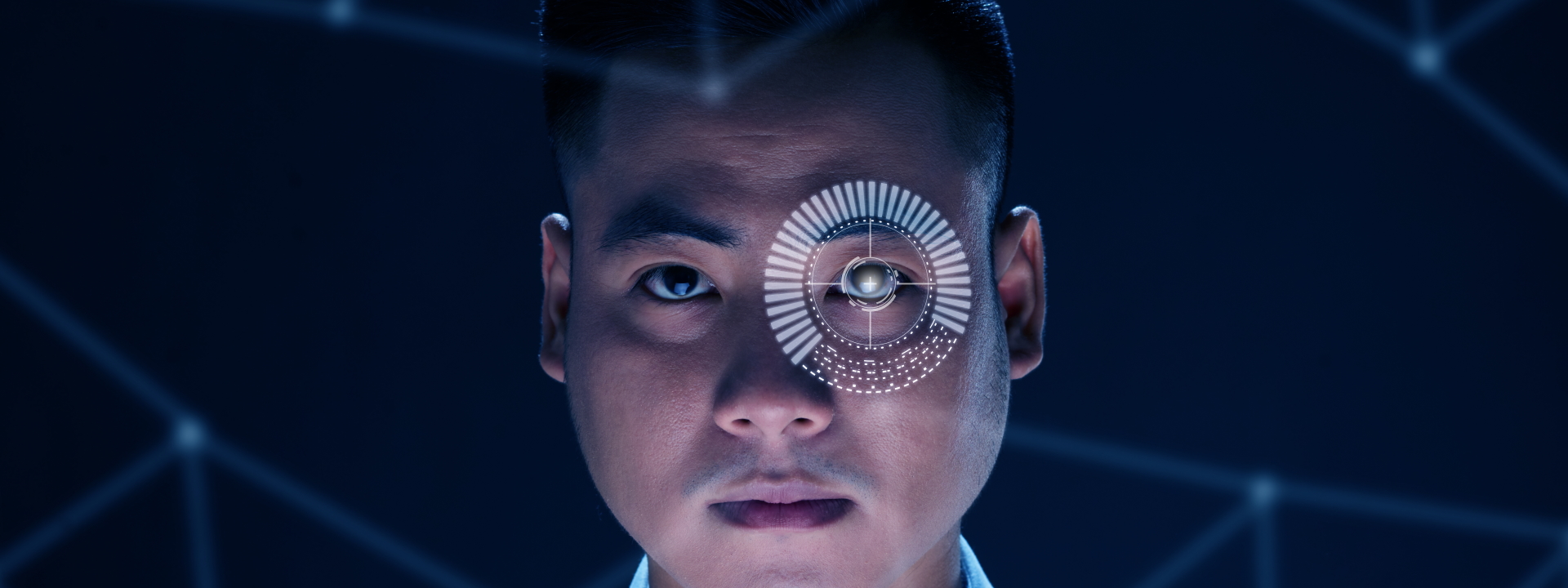
Facebook's creepy facial recognition department coming to an end
posted Saturday Nov 6, 2021 by Scott Ertz

It's no surprise to anyone that the public's perception of Facebook has been circling the toilet. Users have grown weary of what appears to be constant surveillance of every aspect of their lives. Add to that, the brand and its parent company Meta seem to have no respect for the information they collect about us. But, one of the company's most controversial features will be coming to an end in the near future: facial recognition.
In 2010, Facebook introduced a new feature that they believed would be popular among users: automatic tagging. This feature was powered by a server-side facial identification system that scanned every photo and tried to identify who was in it, creating suggested tags for its matches. But the response to the feature was not nearly as positive as they had hoped.
Many users found it an interesting diversion for a short while, looking through old photos to see who Facebook thought might be in it. And, like many of Facebook's features, its privacy concerns were even worse when the feature first launched. Many users, including myself, got tagged in photos from people we had never met because we were in the background of photos at CES, anime conventions, and more. Eventually, the company fixed this issue, and users could control who had the ability to automatically tag them in photos.
However, facial recognition and, more accurately facial identification technology has become less popular in the past few years. Focused technologies, like Windows Hello and Apple's Face ID, have been accepted as normal, as the AI powering the identification lies on the device. But, technologies that take a large catalog of photos and create a biometric database are currently under attack over both safety and privacy concerns. Because of this, Meta has announced that they will stop this process in the near future.
In addition to ending the department, the company has also said that it will delete all of the facial biometric data it has collected on over 1 billion people. This move comes as legal challenges against the practice, against Meta, and others like Clearview AI, have likely forced the company's hand. Facial identification is certainly deeply embedded in the company's DNA. The technology has been running for over a decade, and it has made its mark internally.
This decision could not have been made lightly. But, with pressures against the underlying technology, it was one that was inevitable. Clearview had data stolen, bringing a renewed focus on the industry. Microsoft has divested from AnyVision, another facial identification system, and committed to not invest in other identification systems. While the technology is interesting, the end results can be devastating, either to individuals or to society as a whole.
For example, look at how facial identification has been used in China. It is an essential aspect of the country's social credit system. Everything you do in public is watched, tracked, and scored for its positive or negative intentions. That score determines everything about your life, and it is entirely possible because of facial recognition AI. It's no wonder that people are creeped out by the technology.

